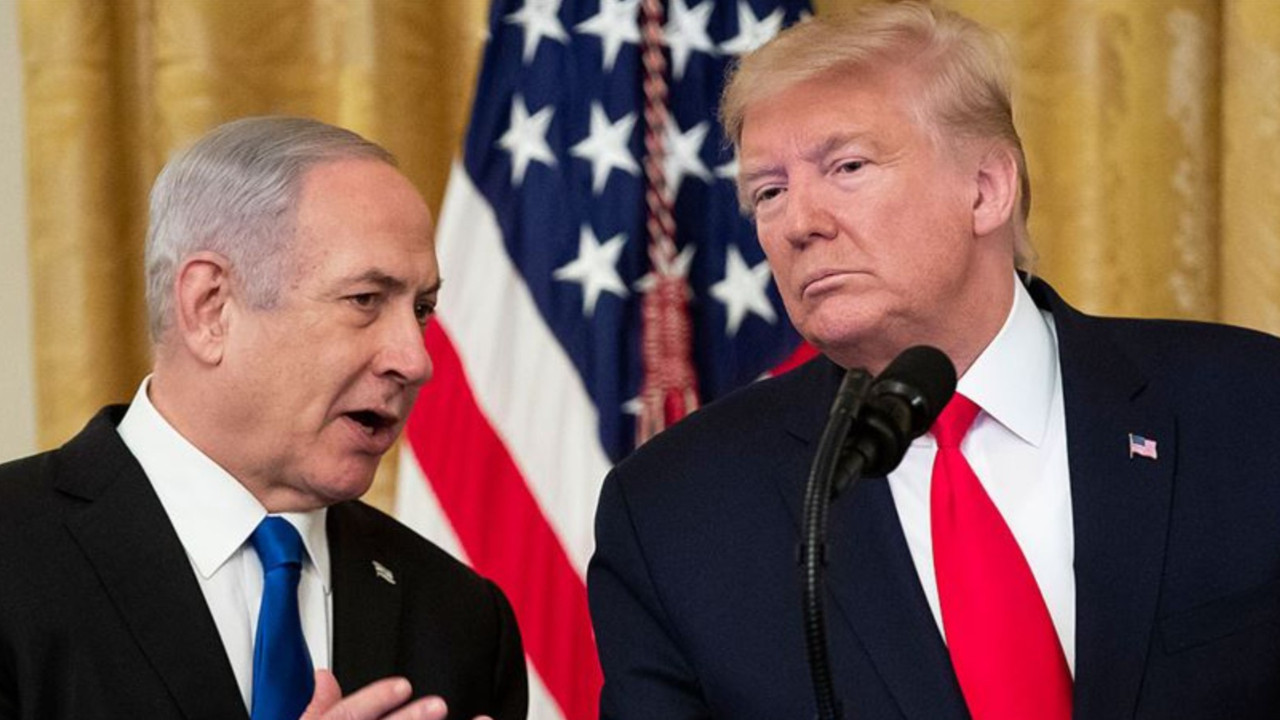By Adem Kılıç, Political Scientist
In his first term, Trump was described as an “unpredictable leader” both within the US and internationally: He did not speak the international diplomatic language, did not use the readings of analysts, and pursued an unorthodox strategic approach rather than the maneuvers of experienced politicians.
Trump is neither Bill Clinton, a graduate of Yale University, nor Obama, a graduate of Harvard University, nor Joe Biden, with 50 years of experience in the US Congress and US politics.
Trump is neither an international lawyer like Richard Nixon, nor an academic and intellectual like Henry Kissinger, nor the author of more than thirty books like Jimmy Carter.
Aside from his political experience in his first term in the US, Trump can only be described as a real estate developer and a “controversial investor”.
Why “controversial investor”? It is worth noting that in his entire business career, he and his businesses have been subjected to more than four thousand legal proceedings, including six commercial bankruptcies.
So Trump looks at international affairs from a “bottom line” perspective, just as a businessman looks at life in business, and this perspective is often at odds with “unprofitable” moves in the US policy of “global dominance”.
This view is clearly demonstrated by the following facts: Trump’s threatened to withdraw from NATO because NATO countries in Europe spend less on defense than the United States. He desired to withdraw from the Middle East, Afghanistan and Syria, where, according to a Stratfor report, more than $8 trillion has been spent in the last 20 years. And he stated, “they have to pay us”, regarding a defense of Taiwan.
During his first term, when Trump also wanted to stop nuclear talks with Iran and cancel the deal, he was rebuffed by countries like the UK, France and Germany, who told him that it was an “international agreement that he could not walk away from”.
But this did not stop Trump, and he tore up the deal completely, reshaping the balance in the region.
Given this track record, Trump is likely to provoke a lot of controversy during his next four years in office.
Middle East?
Let us recall what Trump did first after taking office in 2017.
Traditionally, the first foreign visit of a new American president is to the United Kingdom, as almost every president before him has done.
But Trump chose Saudi Arabia as his first foreign visit.
Moreover, at the time, Saudi Arabia was facing harsh criticism from Western capitals, and Trump’s predecessor, Barack Obama, had reduced relations with Saudi Arabia to the lowest level.
On his first foreign visit to Saudi Arabia after taking office, Trump made “the largest arms deal of its kind in US history” and signed a $110 billion arms sales agreement.
For four years after this visit, US-Saudi Arabia relations progressed as Trump wanted, and the US signed 7 more arms sales agreements with Saudi Arabia during Trump’s 4-year presidency.
Following this visit, Trump increased pressure on Iran, Saudi Arabia’s biggest rival in the region, withdrew from the nuclear deal, increased sanctions and assassinated several figures, including Iranian Revolutionary Guards Commander Qassem Soleimani. He supported both Saudi Arabia and its “main ally” in the region, Israel.
In his new term, similar to these examples, Trump will withdraw from areas where he cannot make a profit and focus on moves that can be characterized as “political profits” that will serve Israel’s interests.
Trump’s possible Israel policy
Trump has consistently positioned himself as Israel’s “strongest defender”, even as he has promised to bring peace in the Middle East if elected.
Indeed, Israeli Prime Minister Netanyahu described Trump’s election victory as “the greatest comeback in history”.
During his first term, Trump moved the US embassy from Tel Aviv to Jerusalem, recognized Jerusalem as Israel’s so-called capital and recognized Israel’s sovereignty over the occupied Golan Heights. All these moves were a complete reversal of long-standing US foreign policy.
Another Israeli move during Trump’s first term was the so-called Ibrahim Accords, signed in 2020, which normalized diplomatic relations between Israel, the United Arab Emirates and Bahrain.
At the time, Trump did not hesitate to threaten the countries of the region, stating that there should be more parties to this agreement. The Arab countries that did not want to be a party to the agreement would face great difficulties in order to ensure Israel’s regional security, the US president stated.
During his re-election campaign, Trump repeatedly reiterated his support for Israel and described the Biden-Harris administration as an “enemy of Israel”.
While Trump has yet to elaborate on the possible US role in resolving the current Israeli-Palestinian conflict, former Israeli ambassador to Israel David Friedman and his son-in-law Jared Kushner, who shaped Trump’s Middle East policy during his first term, support Netanyahu’s aggressive vision for the region.
Friedman even recently declared that he supports Israel’s “biblical” claims to the occupied territories and that a roadmap should be drawn up for Israel to annex the West Bank.
When asked in an interview during the election whether he supported the plan, Trump did not respond, but said he planned to meet with Friedman to discuss it.
Trump’s son-in-law, Jared Kushner, recently told a panel at Harvard University that “the coastal areas of Gaza are very valuable.”
Looking at the members of Trump’s cabinet, including Secretary of State Marco Rubio, it is clear that Trump will continue his unconditional support for Israel’s occupation policy in his new presidency.

















Leave a Reply